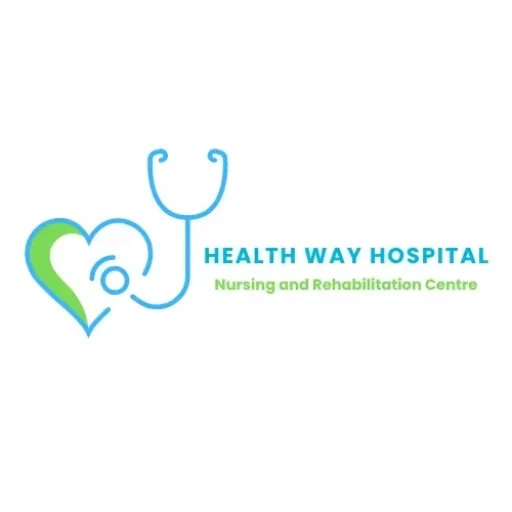Panic Disorder
Fear and anxiety can be a normal response to certain situations and stressful situations. Panic disorder differs from fear and anxiety in that it is very severe and can occur suddenly.
People with panic disorder may experience symptoms such as panic attacks, shortness of breath and anxiety. Heart beats very fast. People with panic disorder may experience these attacks unexpectedly without any reason, but some events or situations may also occur before they occur.
Significance of a Rehabilitation Center
Medical centers offer services that include medication management and therapy. The main purpose of these centers is to help patients regain their confidence and improve their quality of life. They focus not only on physical recovery but also on mental and emotional health. Rehabilitation is often underestimated and overlooked.
Health centers can be difficult for patients and families to access due to stigma, but many centers have programs specifically designed for people with health conditions and physical disabilities. Understanding the benefits of long-term treatment leads to the recognition that it is an important and valuable part of the recovery process.
Panic Attack Treatment
Panic disorder and agoraphobia are highly treatable. People diagnosed with anxiety can be successfully treated with medication, psychotherapy, or a combination of the two. Therapy can help reduce the intensity and frequency of panic attacks and improve your daily functioning.
The main panic attack treatment options are psychotherapy and medication management. One or two types of therapy may be recommended, depending on your preferences, medical history, the severity of your anxiety, and your ability to seek help from a therapist with special training in treating depression.
Treatment goals of panic disorder
• Reduce the frequency and intensity of panic attacks, anticipatory anxiety, and avoidance of agoraphobia, best with full symptoms, and return to premorbid activity level.
• Treat co-occurring psychiatric disorders when they are present.
Medication
Medication is one of the most popular and effective treatments for anxiety, panic disorder, and agoraphobia. Your doctor may prescribe anti-anxiety medications to reduce the intensity of the attack, reduce general anxiety, and treat underlying health conditions such as depression. Anxiety medications generally fall into one of two categories:
• Antidepressants: Some antidepressants may reduce the frequency or severity of attacks. The doctor may prescribe a serotonin-selective reuptake inhibitor (SSRI) or serotonin-norepinephrine reuptake inhibitor (SNRI).
• Anti-anxiety medications: Benzodiazepines are often prescribed by doctors to treat and prevent panic attacks. They can help reduce stress, but they can be prevented, so it’s important to be careful. These medications include alprazolam (Xanax), Klonopin (Clonazepam), and lorazepam (Ativan).
This medication is not a good choice if you have an alcohol or drug problem. They can also interact with other medications, causing dangerous side effects. If a medication doesn’t work well for you, your doctor may recommend switching to another medication or combining some medications to make it more effective. Note that it may take several weeks for you to see an improvement in your symptoms after you first start using the medication.
Therapy and Counseling
Psychotherapy, medication management, or a combination of both are effective in treating panic disorders. How long you need panic attack treatment depends on the severity of the pain, your health condition and your response to treatment.
Psychotherapy
Psychotherapy (literally therapy) is the term used for a variety of treatments designed to help a person identify and change negative attitudes, thoughts, and behaviors. Here are some types of psychotherapy that can help treat panic disorders and depression:
• Cognitive Behavioral Therapy (CBT): In this type of therapy, you work with your brain to discuss your thoughts and feelings with others. This professional can help you identify the cause of stress so you can change your thoughts, behaviors, and emotions. As you begin to react differently to the cause, the fear attacks will decrease and eventually stop.
• Correction: This will slowly and repeatedly expose you to anything that causes you stress (in thought and/or reality). You will also learn to adapt to the situation instead of worrying and being afraid. Along the way you will learn relaxation techniques, such as breathing techniques, to manage your stress.
Supportive Services
Nursing and rehabilitation centers provide ongoing care to people with panic disorders. Support doesn’t end when someone leaves the site; these organizations work to facilitate the transition to community resources and outside care. Nursing and rehabilitation centers help individuals continue their recovery after leaving school by providing support services such as appointment tracking, case management text, and referrals to community support groups.
Care and rehabilitation facilities play an important role in the treatment of depression. These centers enable people to overcome stress issues by creating a safe and supportive environment, providing medication management, providing treatment and counseling, facilitating group and social support, encouraging lifestyle etc.
